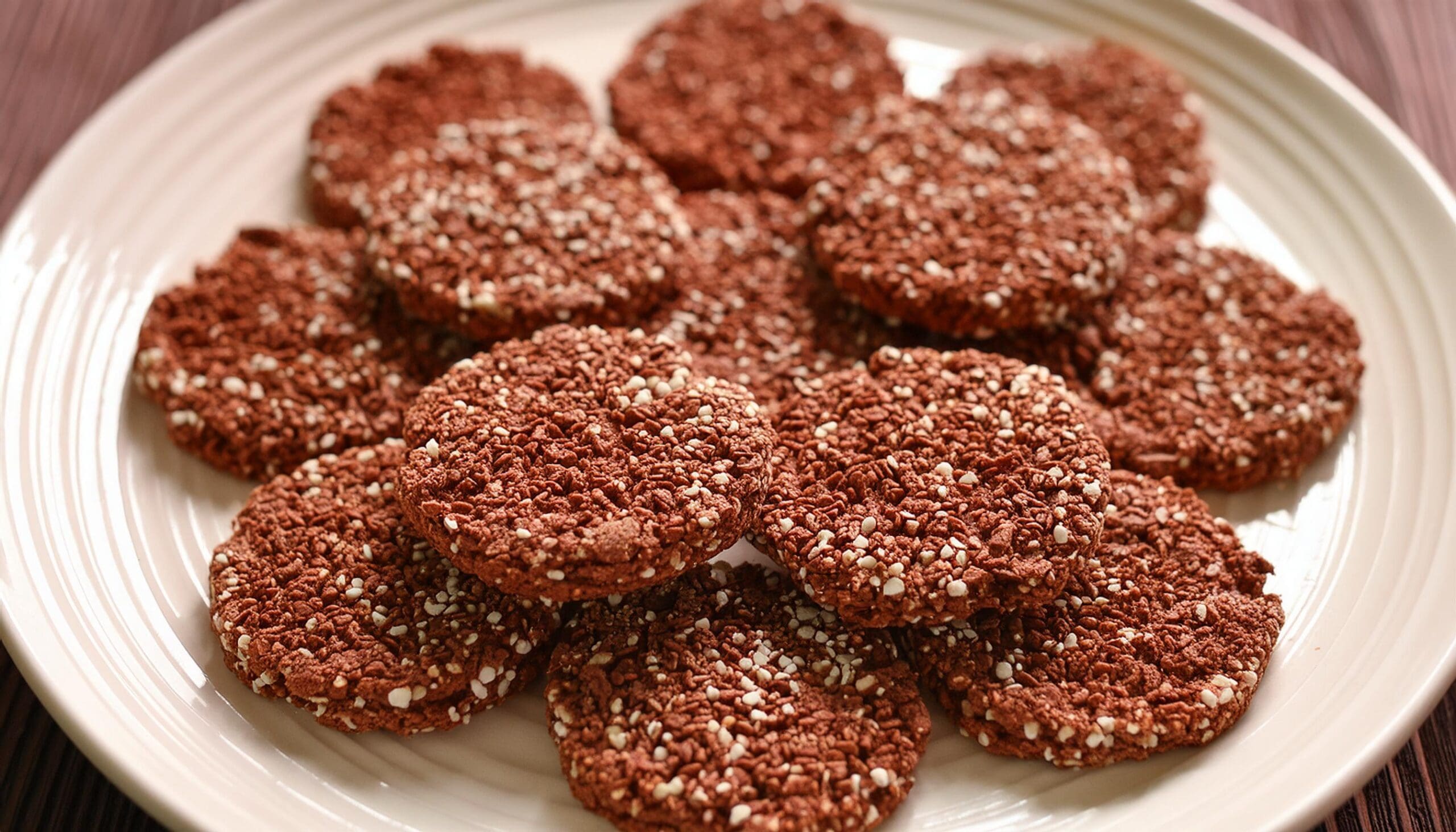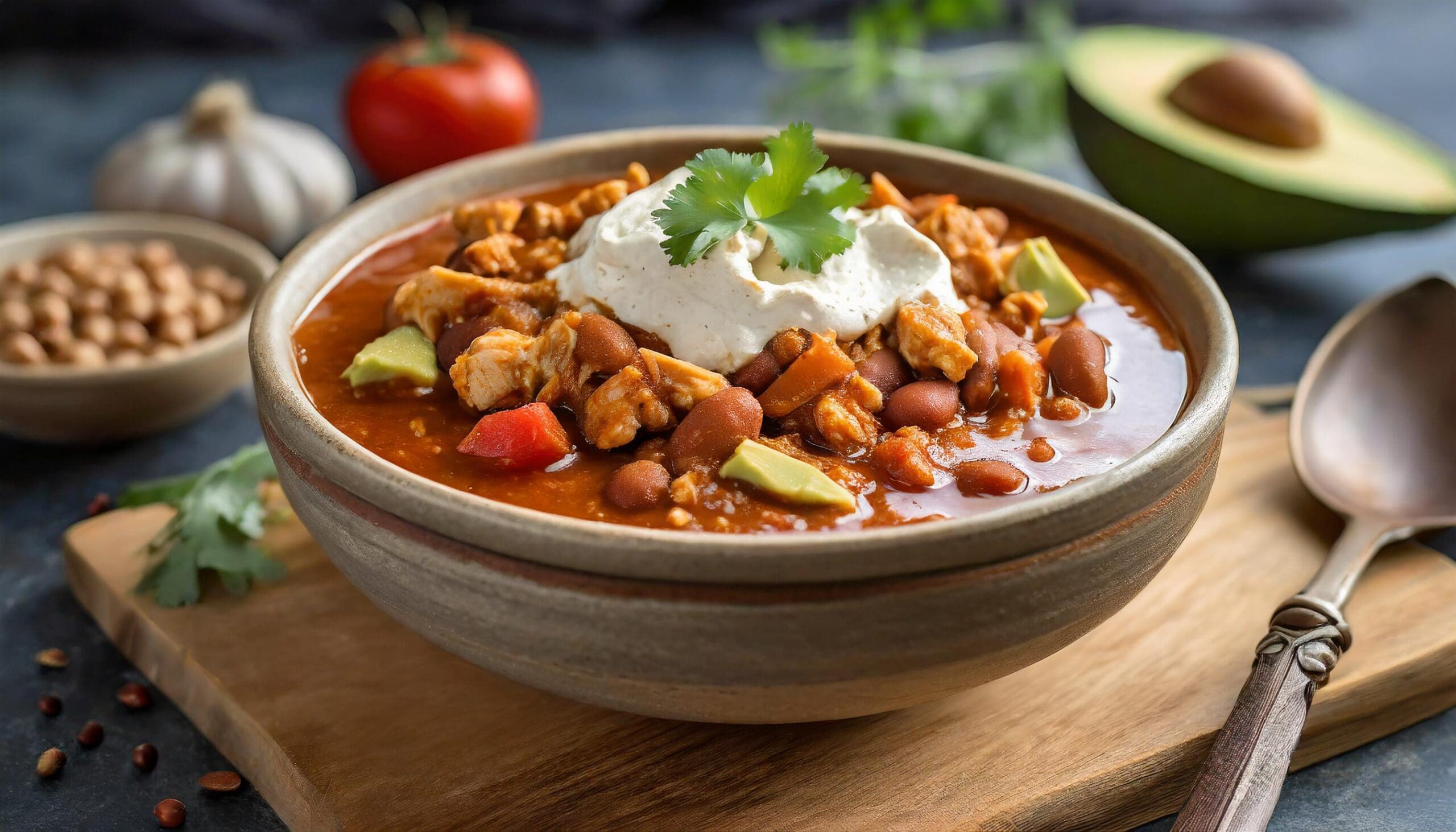Adapting your eating habits following Weight Loss Surgery is crucial to ensure a strong recovery and maintain good health. CER Bariatrics places importance on a well-rounded post-surgery diet, particularly when it comes to consuming suitable fiber-filled foods. Knowing the kinds of fiber that are best for you after your weight loss surgery journey is essential to support your digestive health and overall wellness.
Why Fiber Matters After Weight Loss Surgery
Fiber plays a vital role in your digestive system and general health, especially after undergoing weight loss surgery. It helps regulate bowel movements, prevents constipation, and contributes to a feeling of fullness, which can aid in managing weight. However, not all fiber types are the same or suitable for individuals post-surgery.
The Types of Fiber Suitable After Weight Loss Surgery
- Soluble Fiber: This kind of fiber dissolves in water and forms a gel-like substance, slowing down digestion. You can find soluble fiber in foods like oatmeal, legumes (beans, lentils), fruits (such as apples, oranges, and strawberries), and vegetables (like carrots and Brussels sprouts).
- Insoluble Fiber: Unlike soluble fiber, insoluble fiber doesn’t dissolve in water. It adds bulk to stool and helps food move through the stomach and intestines more quickly. Foods rich in insoluble fiber include whole grains (like brown rice and whole wheat bread), nuts, seeds, and vegetables (such as broccoli and dark leafy greens).
- Prebiotic Fiber: This type of fiber serves as food for the beneficial bacteria in your gut. It promotes a healthy gut environment and aids in digestion. Foods high in prebiotic fiber include garlic, onions, leeks, asparagus, and bananas.
How to Add Fiber to Your Diet After Surgery
After Weight Loss Surgery, it’s crucial to slowly introduce fiber-rich foods into your diet. Here’s how to do it effectively:
– Start Slowly: Begin with easily digestible foods, and gradually add small portions of fiber-rich foods.
– Chew Thoroughly: Chewing your food well aids in digestion, especially after weight loss surgery. Take your time to chew properly.
– Stay Hydrated: Ensure you drink enough water. Fiber absorbs water, so staying hydrated helps prevent any digestive discomfort.
– Balanced Intake: Aim for a balanced intake of both soluble and insoluble fiber for a well-rounded diet.
Precautions and Considerations
While increasing fiber intake is essential, there are a few things to keep in mind after weight loss surgery:
– Consult Your Healthcare Provider: Always talk to your healthcare provider or dietitian before making significant changes to your diet, especially after surgery.
– Avoid Very High-Fiber Foods Initially: In the early stages after surgery, steer clear of very high-fiber foods as they might cause discomfort.
– Monitor Symptoms: Pay attention to how your body reacts to different types of fiber-rich foods and adjust your diet accordingly.
– Read Labels: When choosing foods, read labels to ensure they align with your dietary needs and restrictions.
Always consult your healthcare provider or a registered dietitian to create a personalized dietary plan that suits your specific needs, ensuring a smooth post-weight loss surgery experience.
Enhancing Your Fiber Intake After Weight Loss Surgery
Fiber Supplements to Support Your Diet
Alongside fiber-rich foods, fiber supplements can be a valuable addition to ensure you’re getting an adequate amount of fiber in your post-weight loss surgery diet. These supplements are available in various forms such as powders, pills, or gummies, and can assist in meeting your daily fiber requirements.
Essential Nutrients Beyond Fiber
In addition to fiber-rich foods, it’s crucial to focus on incorporating vitamins and minerals to support your overall health post-surgery. Consuming a variety of nutrient-dense foods can provide you with the essential vitamins and minerals necessary for a balanced diet.
Optimal Amount of Fiber Post-Surgery
Determining the right amount of fiber to consume after weight loss surgery is key. Gradually increasing your fiber intake while monitoring how your body responds will help you find the right balance for your individual needs. Ensuring you’re not consuming excessive amounts of fiber too quickly is important to prevent any digestive discomfort.
Foods That Dissolve in Water and Aid Digestion
Certain foods like sweet potatoes, chia seeds, and brussels sprouts contain soluble fiber, which can dissolve in water, forming a gel-like substance in your digestive tract. These foods aid in digestion and contribute to your overall fiber intake.
High Fiber Content in Foods
Incorporating high fiber foods such as black beans, brown rice, and foods rich in prebiotic fiber can be advantageous. They help maintain regular bowel movements and contribute to a feeling of fullness, which can assist in managing your weight effectively.
Potential Side Effects and Considerations
While increasing fiber intake is beneficial, there can be side effects if you overconsume or introduce fiber too quickly into your diet after surgery. Common side effects may include bloating, gas, or abdominal discomfort. Hence, it’s crucial to gradually introduce and monitor how your body responds to different types of fiber-rich foods.
The Role of Processed Foods and Health Risks
Processed foods, usually low in fiber and essential nutrients, might hinder your efforts to lose weight and maintain good health. Focusing on a diet that includes a variety of whole, nutrient-rich foods can help reduce the risk of heart disease and other health issues in the long term.
Conclusion
Understanding the significance of fiber supplements, a well-rounded diet after weight loss surgery including fiber-rich foods, and the incorporation of essential vitamins and minerals after weight loss surgery is crucial. Gradually introducing different types of fiber, monitoring your body’s response, and maintaining a well-balanced, nutrient-rich diet can significantly contribute to your overall well-being.
Remember to consult your healthcare provider or a registered dietitian to tailor your diet after weight loss surgery according to your specific needs and preferences. This will ensure a smoother post-weight loss surgery journey while supporting your overall health and weight management goals.
Imagine feeling confident in your own skin
- Review your case today and let 𝗯𝗼𝗱𝘆 𝗹𝗶𝗳𝘁 𝘀𝘂𝗿𝗴𝗲𝗿𝘆 help you achieve the body and peace of mind you truly deserve!











